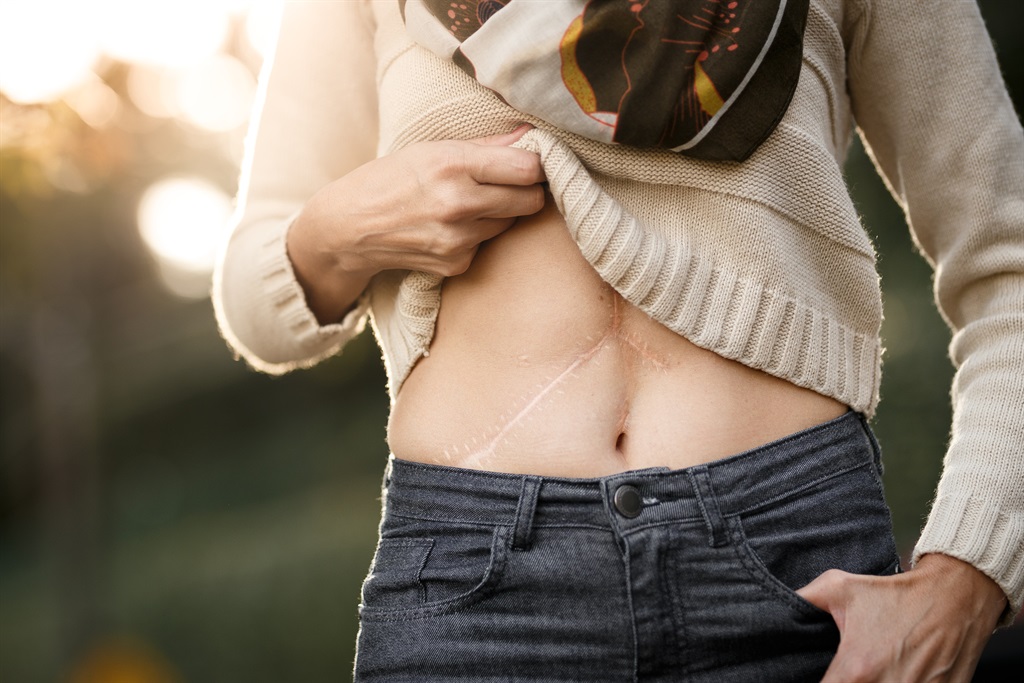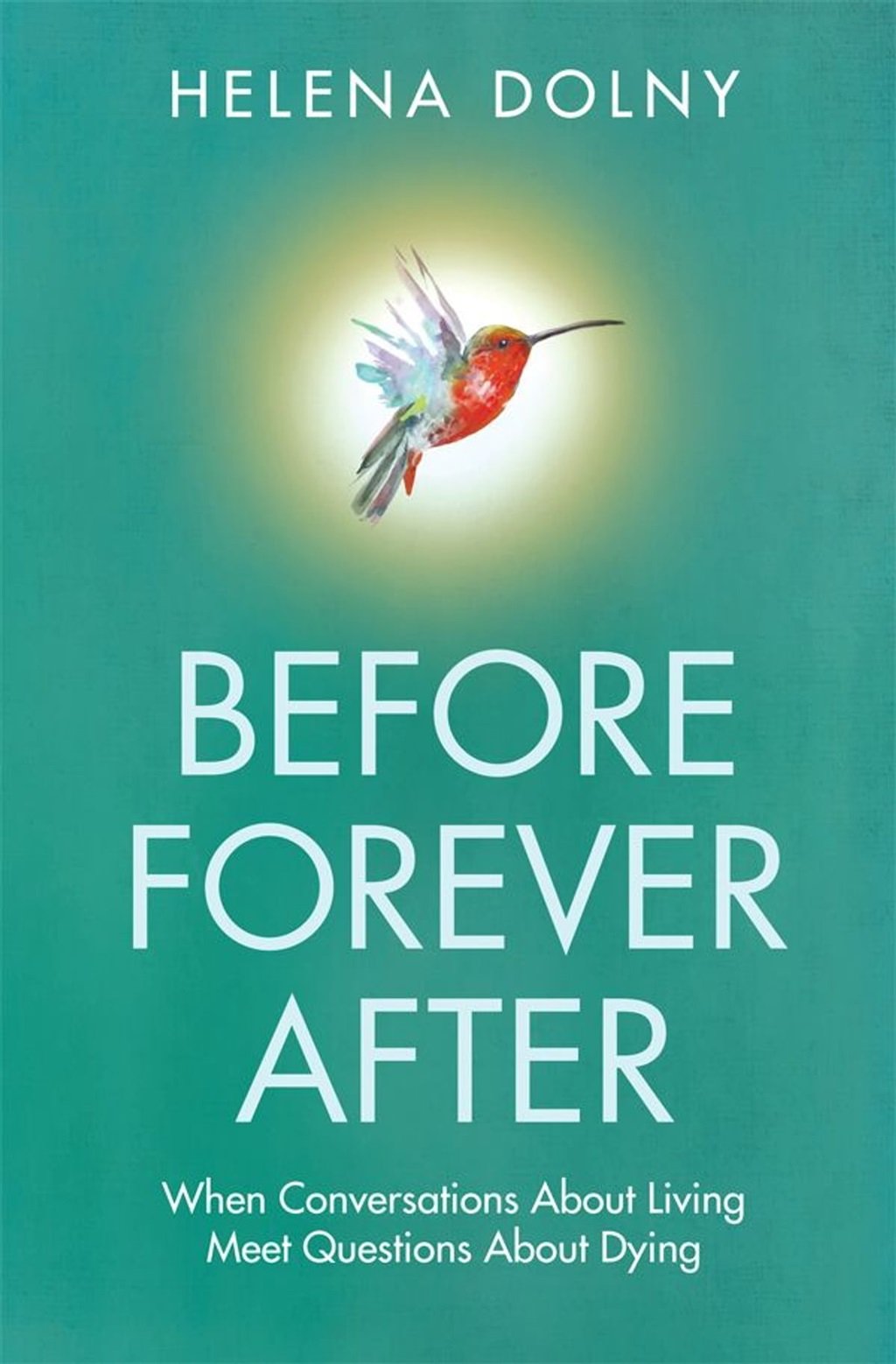
Live by Design is a weekly News24 column by Dr Helena Dolny and Mapi Mhlangu on mortality and the conversations around it.
Can you imagine a situation where there's a car accident, and a passenger dies instantly? In their wallet, there's a card that says they're a registered organ donor. The medical response team go into action, alerting hospitals with waiting lists of people hoping for a lifesaving or life-improving transplant.
Dozens of lives can benefit.
Yes, seven is the popularised number. In terms of what is called "solid organ" transplants, we have seven, comprising two lungs, one heart, one liver, two kidneys, and one pancreas. But so many more of our body parts can make a difference in others' lives, organs like your corneas, skin, bones, and heart valves.
How many people are on waiting lists? On average, four and a half thousand people in South Africa are on a waiting list. As few as 0.02% of the population are registered with the Organ Donor Foundation. As few as 600 transplant operations are done per year.
Why does a country like Spain have three times more donors than South Africa?
What do other countries do to get more people registered as donors?
The answer can be found in Spain's policy and legislation; "You're automatically in - unless you opt-out."
Advocacy for such a policy has not been pursued in South Africa as it is seen as violating the constitutional principle of autonomy.
The United States has pursued a different strategy. When you complete the forms on the day you pass your test to get your driver's license, you are also presented with the organ donation sign-up request. Over 40% of the United States adult population are registered donors. What holds us back from adopting this simple strategy in South Africa?
When I ask people what holds them back from registering as a donor, I get a variety of responses:
"I am too old. My body parts are of no use to anyone."
"If a doctor knows you are a registered donor, will they be tempted to take less care of you?"
" When I die, it will be so hard for my grieving family. I don't want them to have to deal with something else that might be very hard for them."
"I've always thought of 'from dust to dust' and being buried as a whole person, with my ancestors. I can't get my mind around being buried with parts of me missing."
"I hope to die in my own bed, in my own home with family close by. I want a quiet and spiritual departure. I have a Do Not Resuscitate order. I have asked NOT to be taken to hospital. I am told that if you want to donate your organs you HAVE to die in hospital."
• Under the age of 70
• In good health
• Clear of any predefined chronic diseases that might cause health complications for the recipients.
A mother's friend in her nineties was saddened when her wish to donate her body was refused. She imagined it could, at least, be of use as a cadaver to students in a medical faculty. Since then, her daughter told me that she's heard that there is ONE body part, SKIN, that can always be used, irrespective of age. Burn trauma units are said to always need the skin for skin grafts. Is this true? If so, should the organ donation website have age-related sign-up options?
A group of medical students at Stellenbosch University assess that lack of awareness is a significant factor among the youth, contributing to the low sign-up rate, especially in their age cohort. They created an organisation Save7.org with an AI chatbot to answer your questions.
I opened their website and asked the question, "Over 70s? Can they still donate skin?"
I get an instant chat box response, saying, "Yes, as long as in good health and fulfilling all criteria for tissue donation."
I'll trust this to be accurate, as they're endorsed by the Organ Donation Foundation and the South African Transplant Society. This is a great initiative – a serious support for those with technical questions.
In addition to this initiative, one other simple thing could be put in place.
How about we get an organ donation request whenever we obtain or renew our driver's license? The USA figure that 40% of persons are registered donors is phenomenal. An RSA rate of 40% would surely reduce the number of 4 500 people waiting for transplants.
The cultural questions remain.
There's a slow increase in the number of people opting for cremation. The cremation rate in the USA is currently 56%, having steadily increased over the years – in 1970, as many as 95% of Americans preferred to be buried. In South Africa, the highest cremation rate is in the Western Cape, standing at 12% of the deceased choosing this option, with lower rates in the rest of the country.
But if as many as 12% of us are willing for their bodies to become burnt remnants of our beings, why not sign up for some organs to be harvested first?
I hope to have the privilege of reaching elderliness, dying at home, and then being cremated. Does that rule me out completely? Is there any part of me that can still be used? I better revisit the Save7 chatbot!
www.lovelegacydignity.com
Want to read more articles in this series? Click here.
Disclaimer: News24 encourages freedom of speech and the expression of diverse views. The views of columnists published on News24 are therefore their own and do not necessarily represent the views of News24.




 Publications
Publications
 Partners
Partners













